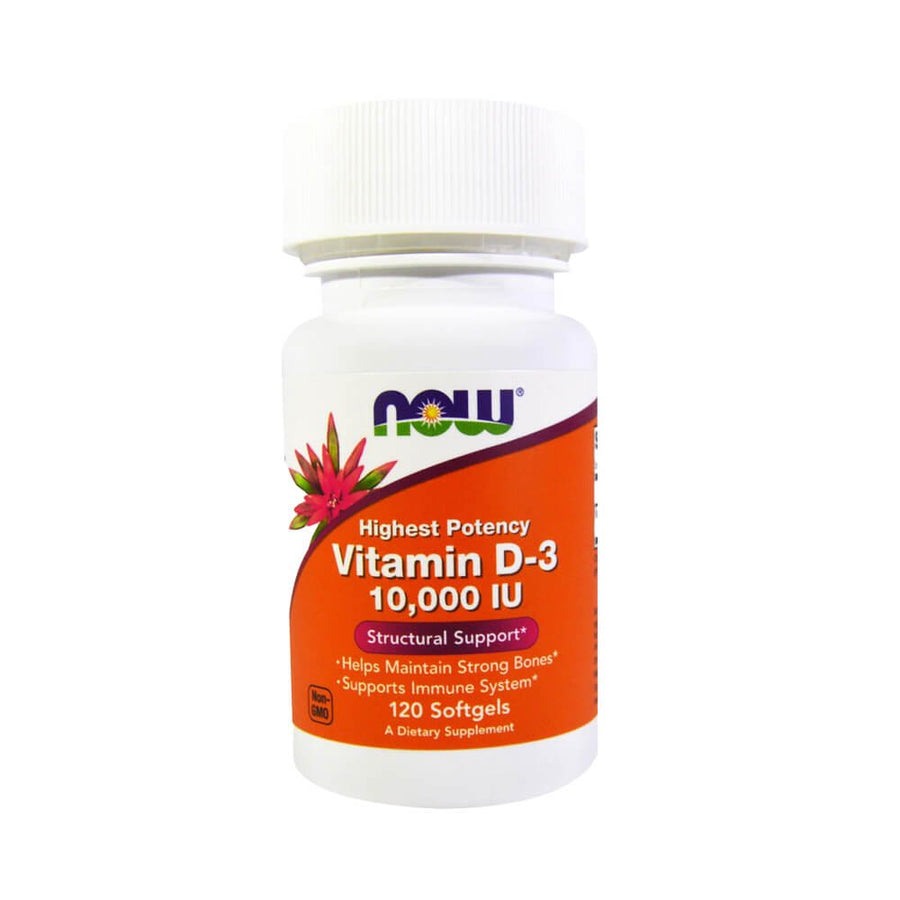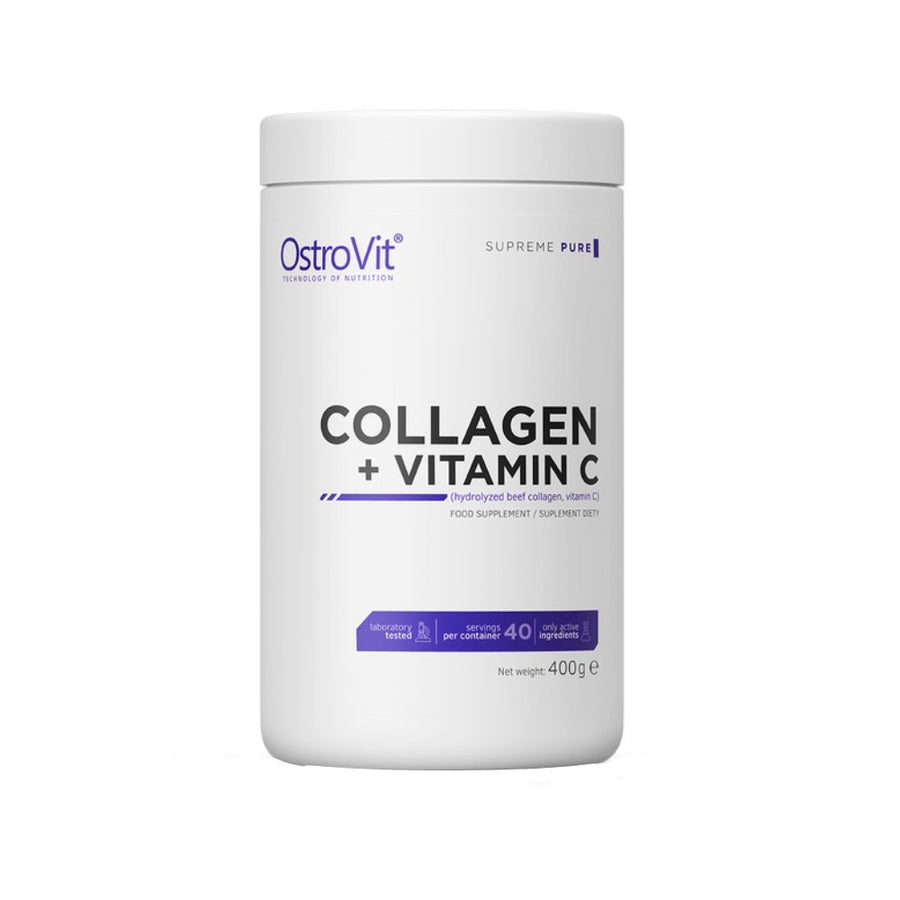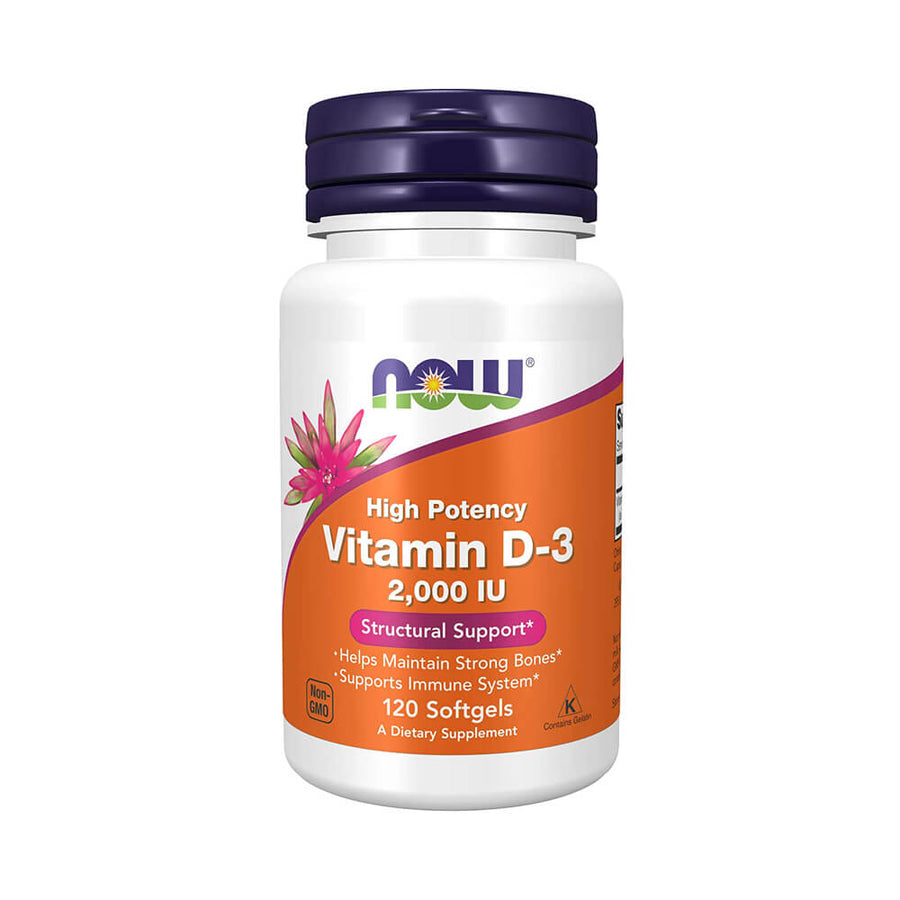Vitamins - about vitamins, nutrition and vitamin supplements
Vitamins - about vitamins, nutrition and vitamin supplements
To stay healthy, the body needs small amounts of vitamins. Some of them cannot be synthesized, and then they must be taken from the diet. Moreover, vitamins are important in the nutrition of active people. We will talk about vitamins and their role in the normal functioning of the body in this article.
content
- About vitamins, names, associated diseases and types - water-soluble or fat-soluble
- The role of vitamins in the body and their sources
- Vitamins and vitamin supplements in the diet of active people
1. About vitamins, names, associated diseases and types - water-soluble or fat-soluble

People discovered the benefits that food has for the body long before vitamins were known. The ancient Egyptians fed patients suffering from night blindness (or nyctalopia) with liver. It is currently known about this condition that it can be caused by a vitamin A deficiency.
In 1912, Casimir Funk, a Polish biochemist, spoke for the first time of "vital amines". With a nitrogen concentrate isolated from the husk of brown rice, he relieved the symptoms of beriberi (vitamin B1 deficiency). "Vita" in Latin is "life". Amen is for amen. Amines are classes of substances that were considered, at the time, to be part of the discovered food factors. The fact that all vitamins are amines is a confusion of those times. Until science proved that it is not so, the word had already become popular. In 1920, Cecil Drummond called them vitamins . Through experimental studies on animals, the essential role that vitamins play in the body has been confirmed.
Vitamins are organic chemical substances present in the body in small quantities. In the early 1900s, scientists were able to isolate and identify a number of vitamins. In humans, they are 13, divided into two groups - four fat-soluble or fat-soluble vitamins - A, D, E and K and nine water-soluble or hydro-soluble vitamins - eight B vitamins (B1, B2, B3, B5 , B6, B7, B9, B12) and vitamin C. The category of vitamins does not include other essential nutrients such as minerals, essential amino acids and essential fatty acids .
Fatty acids are a major component of fats, needed in large quantities in the body. There are 20 natural amino acids , but only eight of them are essential, meaning they cannot be produced by the human body and must be supplied through food. They are valine, tryptophan, leucine, isoleucine, phenylalanine, lysine, methionine and threonine.
Minerals , like vitamins, are important nutrients present in food. They differ from vitamins in that they are inorganic substances, that is, they do not contain the element carbon. Vitamins are organic compounds that contain carbon. Usually, fruits, vegetables, and oilseeds provide the body with the necessary minerals for it to function normally.
The body can survive for a while without vitamins. Fat-soluble or fat-soluble vitamins - A, D, E and K can be kept as a reserve in the body and are toxic when taken in excess. Water-soluble or water-soluble vitamins - all B vitamins and vitamin C, cannot be synthesized in the body and are eliminated in a short time. The exception is vitamin B12, which is stored in the liver. Prolonged vitamin deficiency can lead to serious diseases, some potentially fatal. For example, congenital diseases in babies are associated with a deficiency of folic acid (vitamin B9) during pregnancy.
designations

Alphabetically, vitamins are named using capital letters A, B, C, D, E, K of the alphabet and indices for each type of vitamin - B1, B2, B6, etc.
Chemically, vitamins are also known as:
- retinol (V.A);
- thiamine (V. B1);
- riboflavin (V. B2);
- niacin (V. B3);
- pantothenic acid (V. B5);
- pyridoxine (V. B6);
- biotin (V. B7);
- folic acid (V. B9);
- cyanocobalamin, hydroxocobalamin or methylcobalamin (V. B12);
- ascorbic acid (V.C);
- tocopherol (V. E);
- ergocalciferol and cholecalciferol (V. D);
- v. K1 (phylloquinone), v. K2 (menaquinone) and v. K3 (menadione) (V. K).
According to the therapeutic effect, vitamins are known as:
- antixerophthalmic (vitamin A);
- antiscorbutic (vitamin C);
- antirachitic (vitamin D);
- antisterility (vitamin E);
- antipellagra (vitamin B3);
- antihemorrhagic (vitamin K).
Associated diseases
Prolonged vitamin deficiency can lead to serious and potentially fatal diseases. Among them:
- night blindness (disease due to which man or animal cannot see in the dark) and keratomalacia - vitamin A deficiency;
- beriberi or thiamine deficiency (affects the nervous system, breathing, brain and heart) - vitamin B1 deficiency;
- ariboflavinosis (inflammation of the mucous membrane of the lips and inflammation at the level of the oral commissures) - vitamin B2 deficiency;
- pellagra or "3D disease" - dermatitis, diarrhea, dementia (skin ulcers, diarrhea, mucosal changes, symptoms of dementia or schizophrenia) - deficiency of vitamin B3 (niacin);
- paresthesia, irritability, insomnia and headaches - vitamin B5 deficiency;
- megaloblastic anemia (decrease of red blood cells below normal levels) - vitamin B12 deficiency;
- scurvy (livid spots on the skin, soft gums and bleeding of all mucous membranes), fatigue, joint pain - vitamin C deficiency;
- osteomalacia, osteoporosis (decreased bone density), rickets (insufficient calcification of the fundamental bone tissue) in children - vitamin D deficiency.
Classification
According to an older classification based on solubility, vitamins are divided into water-soluble vitamins and fat-soluble vitamins.
Water-soluble vitamins are soluble in water (vitamins B1, B2, B3, B5, B6, B7, B9, B12 and vitamin C) and are stored in very small quantities. They remain in the body for a short time and are eliminated through urine. For this reason, they must be continuously supplied to the body through food.
Fat-soluble vitamins are soluble in fats, lipids (vitamins A, D, E and K) and insoluble in water. Compared to water-soluble vitamins , they are much more easily stored in the body and for longer periods, from a few days to a few months. They are stored in fatty tissues and in the liver and are eliminated through faeces.
2. The role of vitamins in the body and their sources

Vitamins, so necessary for the body, are not synthesized or are synthesized in insufficient quantities. They are found naturally, in varying amounts, in many of the foods, animal and vegetable, that we consume daily. Lack of a food can be associated with vitamin deficiency. A varied diet can ensure the daily needs or you can supplement with a complex of vitamins and minerals .
Sources of vitamins
Vitamin A is in carrots, capsicum, broccoli, sweet potatoes, spinach, eggs, milk, butter, liver, cod liver oil, bell pepper, beetroot, red cabbage, lettuce, tomato.
Vitamin B1 is found in whole grains , whole grain bread, brewer's yeast, whole grain rice, wheat bran, sunflower seeds, potato, brown rice, liver, eggs, soy milk.
Vitamin B2 is in eggs, dairy products, meat, bananas, green vegetables, fish, whole grains, brewer's yeast.
Vitamin B7 is in egg whites, liver, fish, whole grains.
Vitamin C is in citrus fruits, strawberries, pineapple, kiwi, spinach, broccoli, sweet potatoes, tomato juice, berries.
Vitamin D is found in eggs, salmon, mushrooms, beef liver, butter, cow's milk.
Vitamin E is in corn and sunflower germ oil, sunflower seeds, eggs, wheat flour, milk, nuts, almonds, avocados.
Vitamin K is found in nettles, spinach, lettuce, broccoli, asparagus, cabbage, eggs, vegetable oils, liver, peas.
One thing known about fruits and vegetables is that they lose their properties when they are cooked, when they are boiled or steamed. The less they are cooked, the healthier they are and with a higher vitamin intake.
The role of vitamins in the body

Each of the vitamins has a well-established role and each one contributes in a different way to maintaining the health of the human body. Most vitamins are supplied to the body through food. Where necessary, the doctor recommends supplementation, to complete the deficit up to the recommended daily dose.
Vitamin A maintains vision, maintains the health of the skin and tissues, helps the formation of bones and teeth, supports the reproductive system.
Vitamin B1 helps to transform carbohydrates and fats from food into energy, fights vascular accidents, paresis, cardiovascular, liver and bile duct diseases, supports skin and heart health.
Vitamin B2 helps the body produce energy and supports liver health. It is indicated in breastfeeding, conjunctivitis, allergic diseases, photophobia, enterocolitis, anemia.
Vitamin B3 regulates blood cholesterol concentrations and triglyceride levels, supports mental health, reduces fatigue and exhaustion.
Vitamin B5 helps the digestive system to function normally and contributes to maintaining the lipid profile within normal limits.
Vitamin B6 reduces the symptoms of depression, helps the normal formation of red blood cells, supports the immune system.
Vitamin B7 helps to metabolize nutrients and to maintain the health of the skin, nails and hair.
Vitamin B9 is helpful in the metabolism of homocysteine, which, in large quantities, can favor the occurrence of cardiovascular diseases.
Vitamin B12 reduces the risk of iron deficiency anemia and supports the nervous system.
Vitamin C supports the cardiovascular system and the immune system, maintains a normal level of uric acid in the blood.
Vitamin D helps in better absorption of calcium and phosphorus and is indicated in rickets, fractures, repeated caries, psoriasis, decalcification during pregnancy. It can be helpful in states associated with depression. An important amount of vitamin D is supplied to the body through exposure to the sun. Vitamin D is contraindicated in large doses during pregnancy, in arteriosclerosis and renal lithiasis.
Vitamin E protects the body from free radicals, the skin from UV rays and helps in the formation of red blood cells. It is indicated in sterility, vomiting, muscular rheumatism, heart failure, acne, psoriasis, myocardial infarction.
Vitamin K helps the formation of bones and is indicated in the prevention of hemorrhages with various localizations.
3. Vitamins and vitamin supplements in the diet of active people

A balanced diet keeps the body healthy and brings performance. Supplements cannot replace a healthy diet, but they can supplement where there is a deficit.
Deficiency can occur when the diet does not cover the necessary vitamins or when the body cannot assimilate them correctly. It is important that the supplements do not exceed the daily dose recommended by the doctor. It can be different depending on your lifestyle, but also on other factors that can influence the way your body receives the necessary vitamins.
Active people calculate their meals so that the daily requirement of essential nutrients and vitamins is covered. Unbalanced diets (less than 1200 kcal/day), low consumption of fruits and vegetables, dairy or meat, excessive alcohol consumption are causes that can lead to avitamin and mineral deficiency and habits that you will not find in humans with an active lifestyle.
Be careful what you eat, how much you eat and how your body feels at the end of the day. If you feel you need help, go to a specialist doctor, maybe a nutritionist, who will tell you what you need to give your body so that it functions normally. Seek to understand the importance of vitamins in food, even more so if you are an active person, and give your body what it asks for, whether we are talking about exercise, more hours of sleep, a healthy meal or vitamin supplements when "fuel" is not enough. You will see how you will feel much better and how, over time, you will stay away from ailments and diseases.
This article is informative and does not replace the advice and recommendations of a specialist doctor!
Photo source: pexels.com























